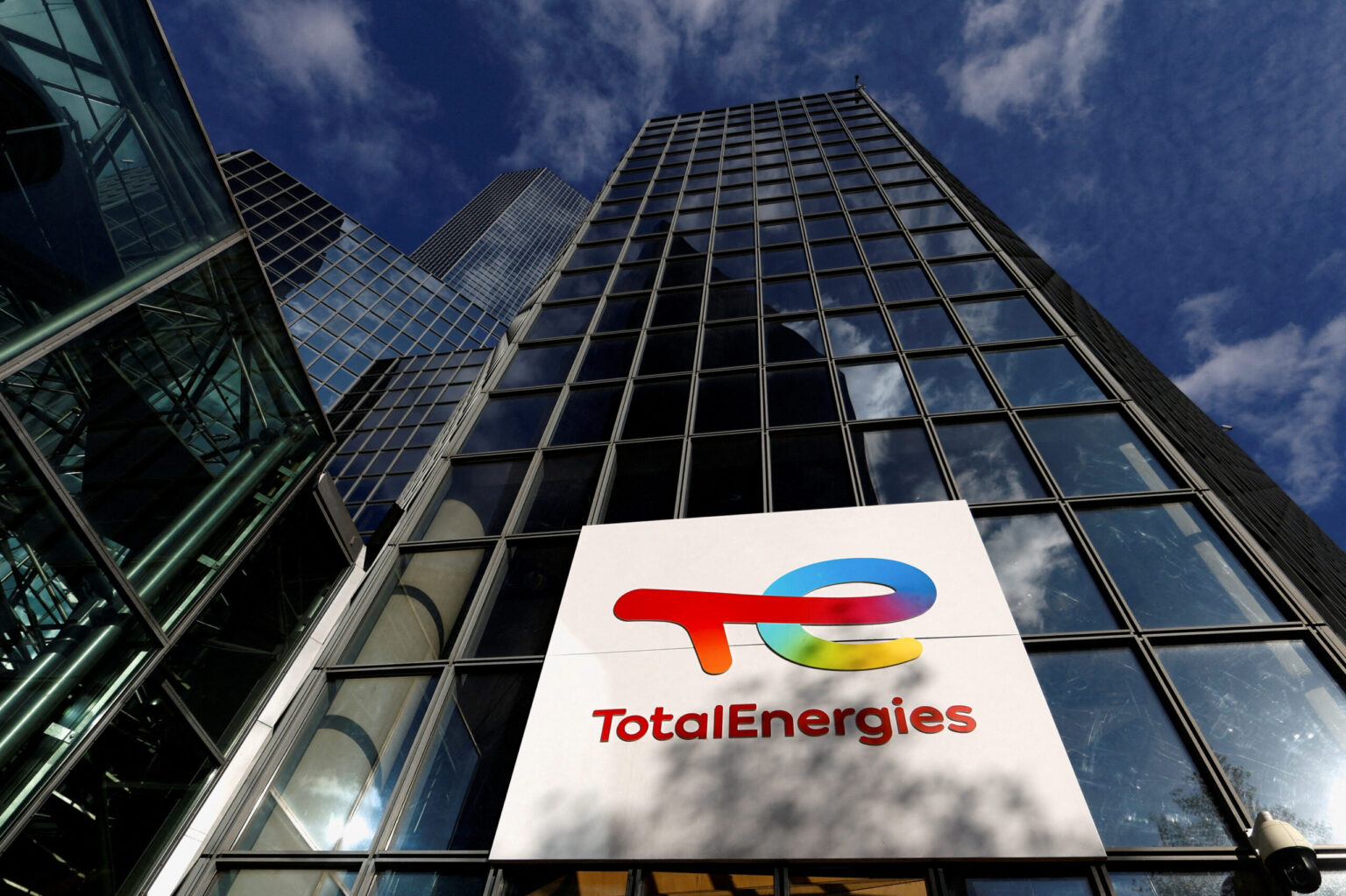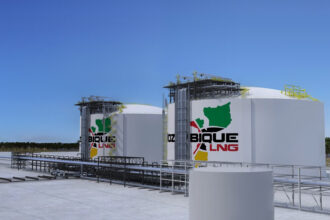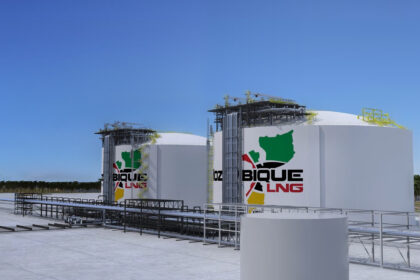At a Glance
- TotalEnergies expands its Namibia footprint, positioning Venus as a long-term growth base.
- Talks underway with the government to extend Venus license amid rising industry interest.
- Gas reinjection plan lowers peak output but prolongs Venus field production lifespan.
TotalEnergies, a global integrated energy company, is stepping up its presence in Namibia, signaling that its Venus oil discovery is only the beginning of a wider push into one of the most closely watched offshore basins in the world.
Patrick Pouyanné, TotalEnergies’ Chief Executive said Venus remains the company’s main focus, but also a foundation for long-term growth.
“Today Venus is a priority, but it’s clear that TotalEnergies is willing to use Venus as a base to move forward and grow in Namibia,” he said.
Namibia’s Venus find spurs industry excitement
Talks are underway with the Namibian government to extend the Venus field license. The deepwater find—estimated at 700 million to 800 million barrels—marks a turning point for a country that has never produced oil. Pouyanné said the company’s first task is building trust with authorities.
“This will be Namibia’s first project. We are working to establish credibility with the government, while also exploring more opportunities that could deliver synergies across the Orange Basin,” he said.
The discovery has rippled across the supply chain. Contractors and service providers are lining up for work, hoping to tap into Namibia’s oil future. “All our suppliers are very excited.
They see a new country with long-term potential. We are receiving offers that are both attractive and aligned with our budget,” Pouyanné said.
Gas reinjection reshapes Venus production outlook
Technical hurdles remain. Venus’ low permeability means output will peak at about 150,000 barrels a day, well below similar projects in Suriname or Brazil.
To sustain flows, TotalEnergies plans to reinject gas, which lowers peak production but stretches the life of the field. The company is also seeking a longer license period to match the slower pace.
Exploration continues elsewhere in the Orange Basin, with new drilling planned in Namibia and South Africa. The final investment decision for Venus has been delayed to 2026, a shift from the earlier 2025 target.
Once operational, the project is expected to create about 600 direct jobs. For Namibia, the development represents more than barrels—it signals entry into the global energy industry and the promise of a new economic era.
















